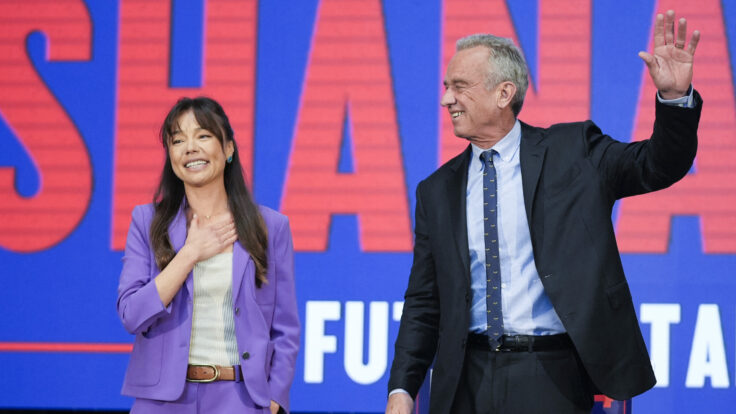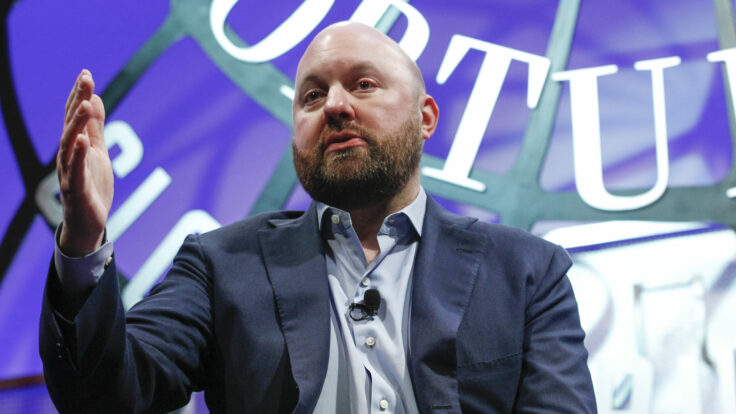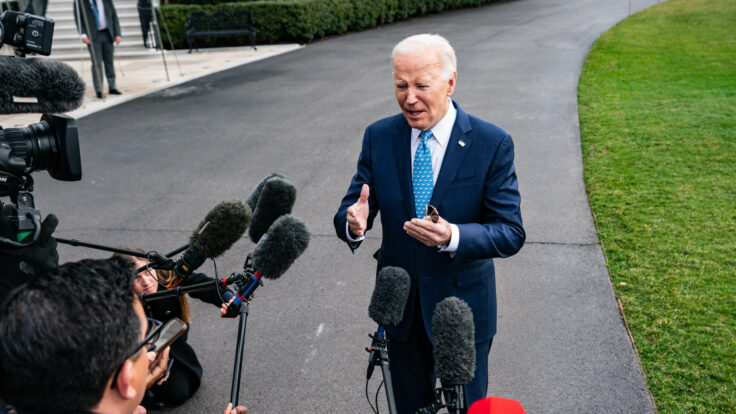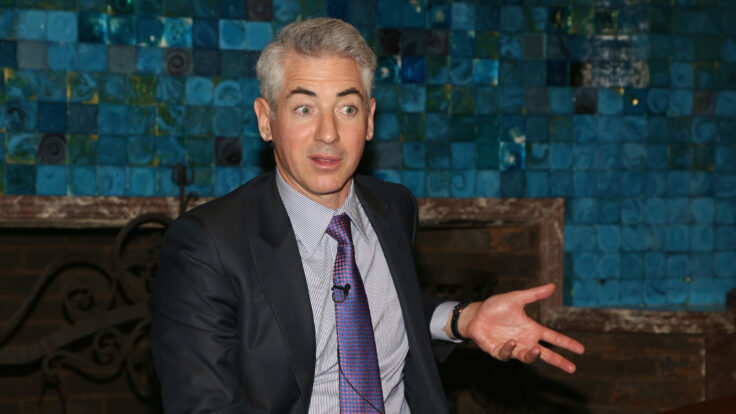Not many companies experience a genuine coup. But FaZe Clan, the gaming collective, recently did, and lived to brag about it. On August 17, 2018, employees raided the company’s Los Angeles office, grabbing computers, gaming equipment, and furniture, and leaving behind empty boxes of expensive electronics. Pictures of the spectacle would later make it into lawsuits. At the time, FaZe Clan’s then-president Greg Selkoe proudly proclaimed “takeover” on Instagram as his followers responded “Fuck yeah!” and “Super dope!!!” Less than four years later, this same company is planning to go public at an anticipated $1 billion valuation.
FaZe Clan, if you’re over the age of 40, is an outfit of elite gamers that includes celebrities like Lil Yachty and N.F.L. star Kyler Murray among its members. But FaZe is more than just some e-sports franchise competing in Call of Duty tournaments. They’re popular content creators too, and, with more than 350 million followers on social media, these gamers are really in the business of selling a Gen Z lifestyle. The mansion where most of the crew lives has gotten the 3D tour treatment by The New York Times and their ambitions have been the subject of a fawning profile in the paper as well. (Several, actually.) The FaZe Clan has experienced departures, as all companies do—“It’s time for gaming to clean up its act,” Selkoe declared when he left in July 2020 to start a less fratty rival—but the unbridled Clan marches onward. The latest splashy announcement, as revealed by Axios on March 22, has the FaZe Clan adding WWE’s Stephanie McMahon, Snoop Dogg, media executive Ross Levinsohn, and others to its board of directors.

















